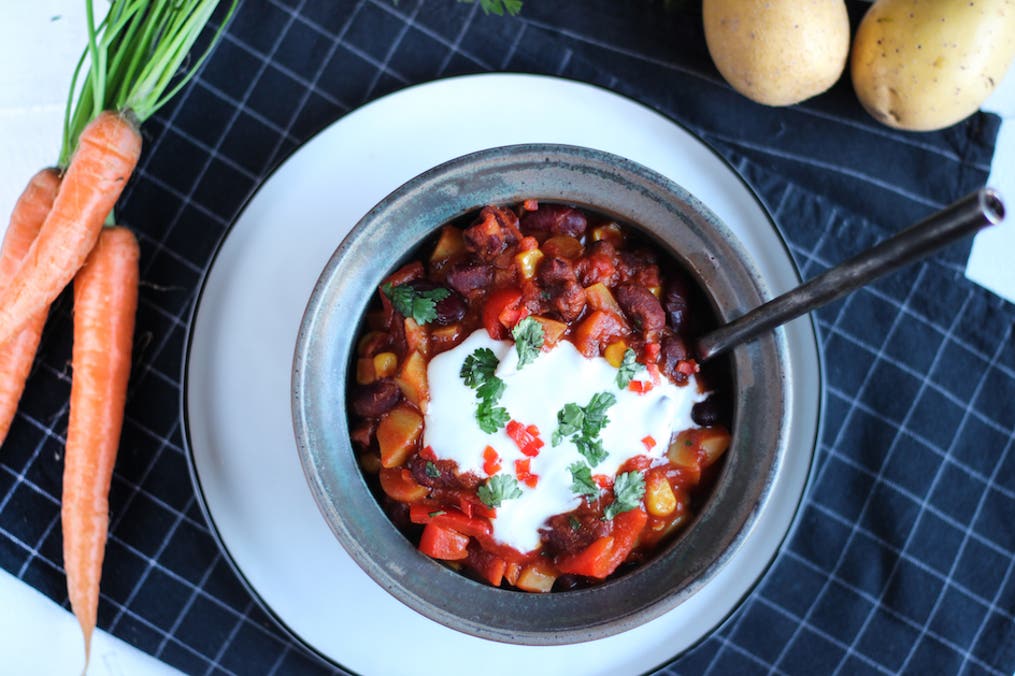We know what it’s like to be constantly on the go, grabbing a quick snack for breakfast and then a salad for lunch and having the leftovers for dinner. Life can be so busy with work, studying, chores and soccer runs that weeks can pass where we don’t sit down for a single hot meal. Sound like you? Sure, cold meals save time, but hot meals serve a purpose and there are a few reasons why your body loves them. Nutrition Expert, David Wiener, explains why.
1. Hot food is more easily digested
Our digestive systems are extremely sensitive to foods and liquids and above all, the temperature of the foods we consume. Cold foods, especially drinks, can send a shock through the entire body, forcing your digestive system to work harder to break them down and absorb the nutrients. As cold food is harder for the body to digest, you’re more likely to experience bloating or wind following a cold meal, and you could also experience some digestive sensitivity through the day too.
Typically, hot meals take longer to eat, and this too aids digestion, slowing down the speed at which you’re eating, and giving your body more time and less work to do to break down the food and absorb the nutrients. Finally, the cooking process (roasting, steaming etc) helps to break down nutrients in foods making it easier for the body to absorb the ‘goodness’ of the food you’re eating, increasing the nutritional value.
2. It tastes better
There are studies to show that taste perception is enhanced when the temperature of food or drink is increased. This is believed to be because the taste receptor TRPM5, which picks up sweet and bitter tastes, sends a stronger signal to the brain when food is hotter. However, this is not a hard and fast rule - not everything tastes better hot, and more research does need to be conducted in this area.

3. It can prevent allergies
Food allergies have become increasingly common around the world, and some of the most popular allergies to food include milk and egg. Interestingly, a large percentage (70% and over) of those who are allergic to milk and eggs can tolerate them when they’ve been cooked as the cooking process changes the structure of the proteins which can affect allergic reactions. Again, more research needs to be done in this area, and if you’re allergic to either milk or eggs, speak to your doctor or specialist before introducing dairy or egg proteins into your diet.
BUT…
Whilst some of the research is pretty convincing about the benefits of eating at least one hot meal every day, there are also notable benefits of eating uncooked vegetables and fruit. Sometimes, the cooking process can destroy the nutritional content of fruit and veg, meaning that your body would actually benefit more by eating them cold. For example, eating raw broccoli can help you to get higher levels of myrosinase, an enzyme which can block the growth of cancer cells and block Helicobacter pylori, a bacteria responsible for stomach ulcers. Other vegetables which may be better eaten raw include cauliflower, brussel sprouts, kale, red peppers, garlic and onions.
So take this advice with a pinch of salt. The optimum meal plan almost certainly involves a mixture of both hot and cold meals. The time of year can also affect how many hot meals you eat - nobody wants to eat a hot dinner in the middle of summer, whilst warm soups are perfect winter warmers. For hot and cold recipes alike, download the Freeletics Nutrition app now.